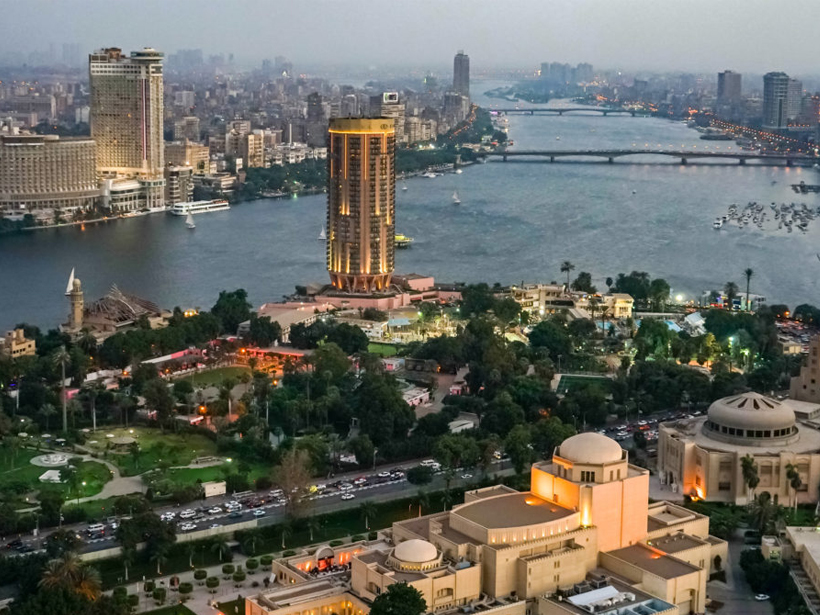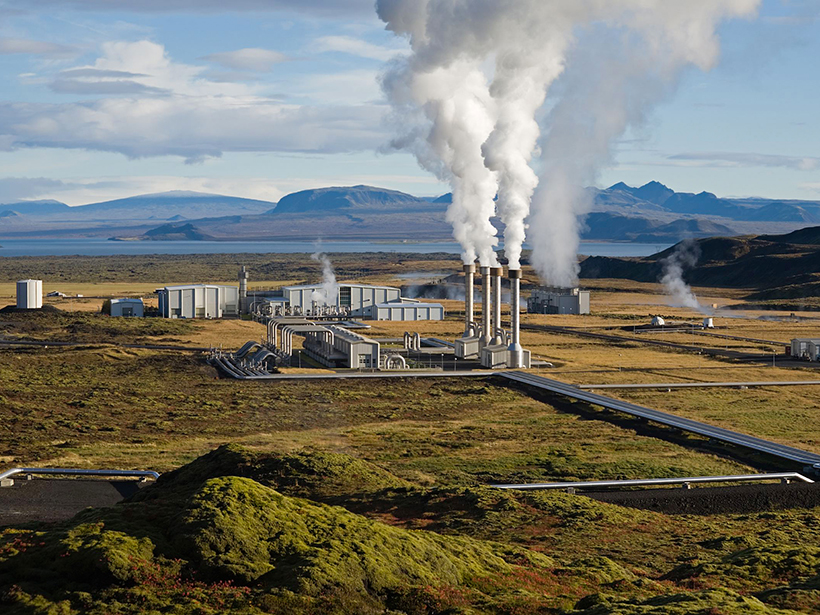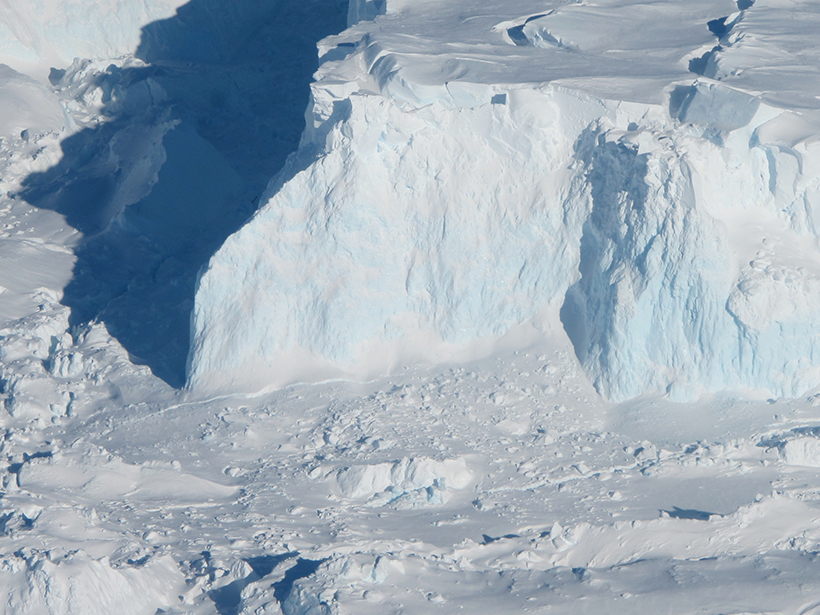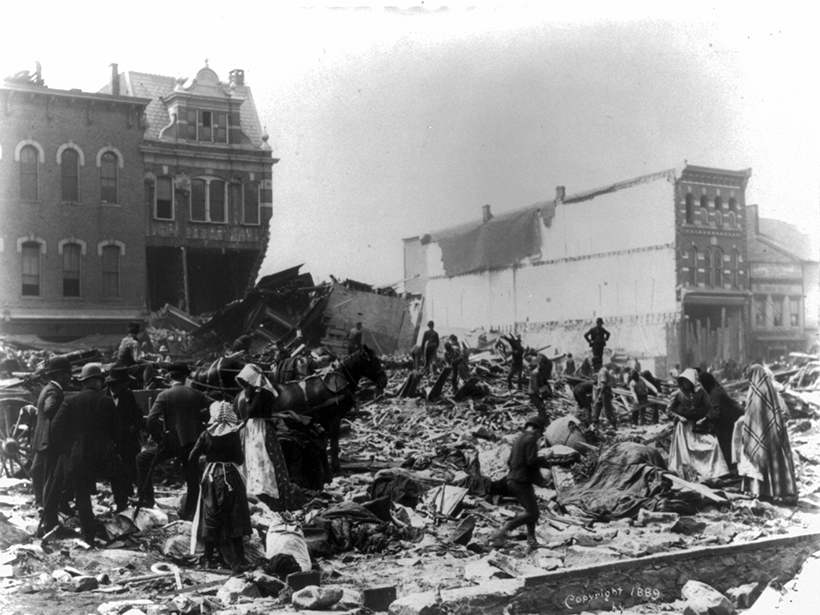Lightning, fire vortices, and black hail are some of the frightening features of fire-fueled storms, which may become more common in the future.
News
The Eternal Nile Is Even More Ancient Than We Thought
Deep-mantle flow helps maintain the river’s steady course.
Atmospheric Rivers Have Different “Flavors”
New research is helping scientists understand why moisture-laden atmospheric rivers of similar intensities have different effects on land.
Dead Reefs Keep Calcifying but Only by Day
A new measurement technique has revealed that turf algae communities colonizing dead reefs have a dual role, adding new mineral material to the reefs during the day and taking it away at night.
Bipartisan Focus on Energy Innovation Emerges
A trio of bills making their way through Congress would boost research and development for technologies that could contribute substantially to future U.S. energy production and consumption.
Using Satellites and Supercomputers to Track Arctic Volcanoes
New data sets from the ArcticDEM project help scientists track elevation changes from natural hazards like volcanoes and landslides before, during, and long after the events.
Heat Waves Born of Earth and Sky
Researchers use computer simulations to uncover the significant contributions that dry soil and atmospheric wind patterns make to major heat waves.
What Lies Beneath Is Important for Ice Sheets
New research reconstructing the topography of Antarctica shows that the continent has 25% less land above sea level than when ice first started to accumulate 34 million years ago.
Finding Faults in Our Past: Uncovering the Messina Earthquake
The source of the deadly 1908 Italian earthquake may finally be identified, thanks to a fresh look at the geomorphology of the Strait of Messina.
Podcast: The Johnstown Flood—A Most Avoidable Tragedy
How a dam failure near a small town in Pennsylvania continues to cast a shadow over the region more than 100 years later.










